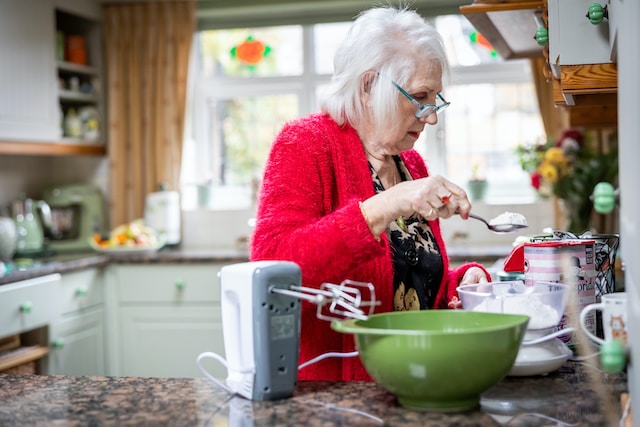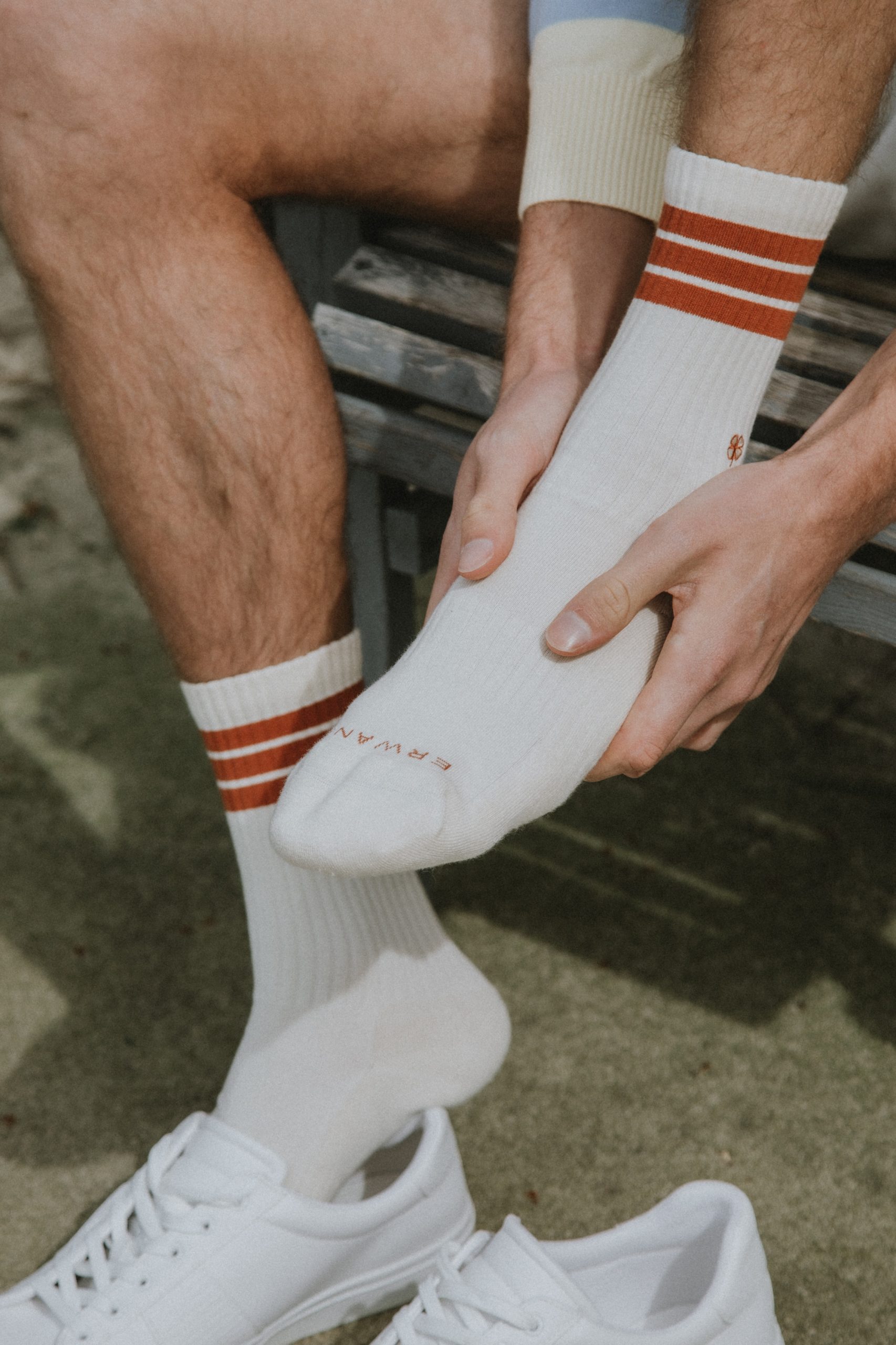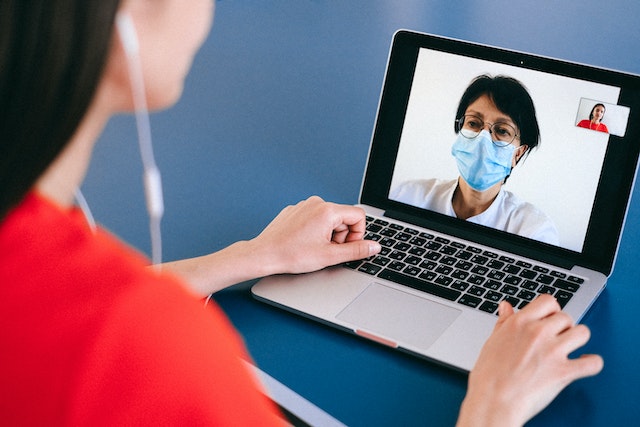Spending time in the sun is enjoyable, but it’s important to protect your skin from the harmful effects of ultraviolet (UV) radiation. Here are some top tips for proper sun protection:
- Wear sunscreen: Apply a broad-spectrum sunscreen with a Sun Protection Factor (SPF) of 30 or higher to all exposed skin, including your face, neck, ears, and hands. Don’t forget commonly overlooked areas like the back of your neck and tops of your feet. Reapply every two hours, or more frequently if you’re swimming or sweating.
- Seek shade: Limit your time in direct sunlight, especially during peak UV radiation hours between 10 am and 4 pm. When outdoors, seek shade under trees, umbrellas, or canopies. This reduces your overall UV exposure and gives your skin a break from the sun’s rays.
- Wear protective clothing: Cover up with lightweight, tightly woven clothing that helps block UV radiation. Opt for long sleeves, long pants, and wide-brimmed hats that shade your face, neck, and ears. Consider wearing sunglasses with UV protection to shield your eyes and the delicate skin around them.
- Use extra caution near water, sand, and snow: These surfaces reflect UV rays and can increase your exposure. Take extra precautions by applying sunscreen more frequently, wearing protective clothing, and using sunglasses to reduce glare.
- Be mindful of cloud cover: UV radiation can penetrate through clouds, so even on overcast days, you can still get sunburned. Don’t rely on cloud cover for sun protection; continue to follow sunscreen and shade guidelines.
- Stay hydrated: Drink plenty of water to stay hydrated, especially in hot weather. Proper hydration helps keep your skin healthy and resilient. Remember that excessive heat and sweating can contribute to dehydration, so replenish fluids regularly.
- Protect children: Children have sensitive skin that can easily burn. Take extra care to protect them by applying sunscreen with a high SPF, dressing them in protective clothing, and keeping them in shaded areas. Encourage them to wear hats and sunglasses as well.
- Check medication labels: Some medications can increase your skin’s sensitivity to the sun, making you more prone to sunburn. Read the labels of any prescription or over-the-counter medications you take and follow the recommended precautions. Consult your healthcare provider if you have any concerns.
- Avoid tanning beds: Tanning beds emit harmful UV radiation that damages your skin and increases your risk of skin cancer. Opt for sunless tanning products if you desire a tan appearance, but continue to use sunscreen for outdoor activities.
- Perform regular skin checks: Monitor your skin for any changes, such as new moles, growths, or spots, and promptly report any concerns to your healthcare provider. Early detection of skin abnormalities can lead to effective treatment and better outcomes.
Remember, sun protection is essential year-round, not just during the summer months. By following these tips and making sun protection a priority, you can enjoy outdoor activities while safeguarding your skin’s health and reducing your risk of sunburn and long-term damage.











